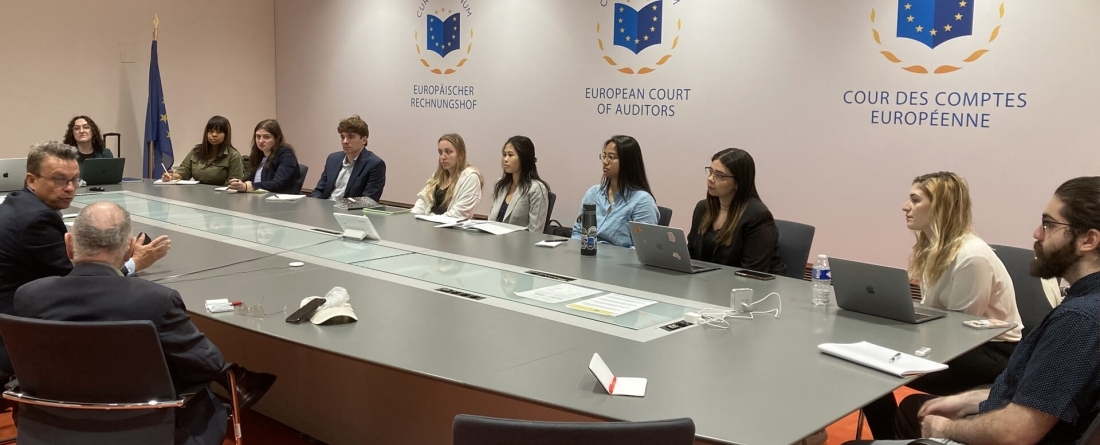
Applied Policy Analysis and Program Evaluation: Real-World Decision Making
Paris, France
Dates: Spring Break 2026
Course: PLCY699N
For sound policy making, governments, multinational organizations, NGOs, and funders need to make informed assessments of the strengths and weakness of programs. Program evaluation is an essential element of their work. This creates a demand for staff able to apply the tools of systematic policy analysis and program evaluation.
The course seeks to advance the knowledge and careers of participants by helping them understand and apply those tools.
Students will learn how to:
- Conduct policy analyses in different political environments (including defining the problem, identifying and assessing options, and making recommendations);
- Apply evaluation methodologies to assess program effectiveness (including qualitative, pre/post, interrupted time series, comparison group, and econometric studies as well as randomized control trials and natural experiments);
- Summarize and synthesize research and evaluations (including literature reviews, systematic reviews, and meta-evaluations);
- Consider political and cost factors, as well as social and ethical considerations; and
- Make real-world recommendations using an explanatory decision-making matrix
In addition to course instruction, the class will also visit specialized units of transnational organizations that conduct policy analyses and program evaluations, including the European Commission and the European Parliament (in Brussels); the European Court of Auditors and the European Investment Bank (in Luxembourg); and the OECD (in Paris). Students will meet with senior officials of these organizations to discuss and compare their approaches.
The course will culminate in the preparation of a policy brief/analysis. Students will select topics of interest to the OECD, the European Commission, or, with the instructors’ permission, themselves. Likely topic areas include the future of social safety net programs---and the response to economic and social changes and long-term trends in work and income inequality. Possible final papers could cover aging and pensions, education, employment and the labor market, the environment, families and children, health, housing, migration, and social welfare generally.
Classes will be in English.
